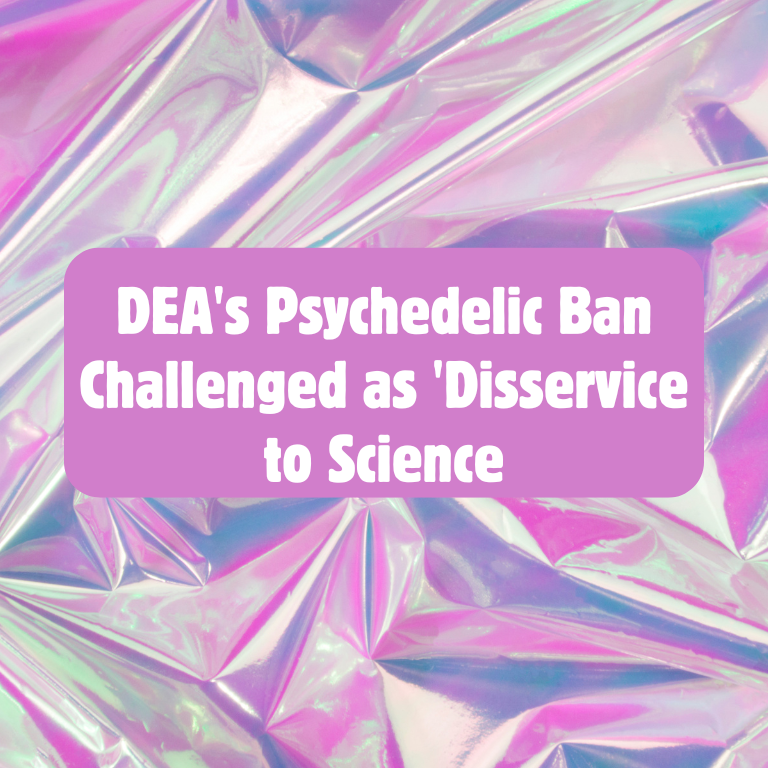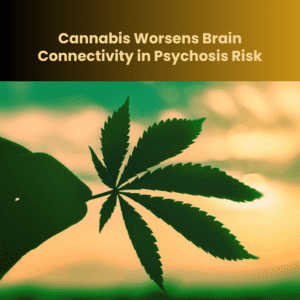DEA’s Psychedelic Ban Challenged as ‘Disservice to Science’

SDP Challenges DEA’s Psychedelic Ban Proposal
Students for Sensible Drug Policy (SSDP), a national nonprofit drug policy reform group, is challenging the DEA’s proposal to classify 2,5-dimethoxy-4-iodoamphetamine (DOI) and 2,5-dimethoxy-4-chloroamphetamine (DOC) as Schedule I drugs. The group argues that the proposed restriction would hinder valuable research.
Concerns Over Classification
SSDP, representing 20 researchers, including graduate students and professors, claims the DEA has not demonstrated that DOI and DOC have high abuse potential. The statement argues there is no evidence of serious adverse effects or addiction risk from these substances.
Research Implications
The group points out that the psychedelics have shown potential in treating conditions like chronic pain and addiction. They assert that scheduling these substances as Schedule I is unjustified given their research value and lack of documented abuse.
DEA’s Stance
The DEA argues that anecdotal evidence of hallucinogenic effects and isolated reports of adverse events justify the proposed ban. However, SSDP contends that this evidence is insufficient to justify the strictest scheduling.
Impact on Scientific Inquiry
SSDP Executive Director Kat Murti emphasizes that the ban could stifle scientific progress and impede the development of potential treatments. The group calls for sensible drug policy that supports scientific research and medical advancement.
Ongoing Legal and Policy Developments
This challenge comes amid broader drug policy debates, including the ongoing discussion about cannabies rescheduling. The DEA’s scheduling proposal for psychedelics is part of a larger conversation about drug regulation and research accessibility.











